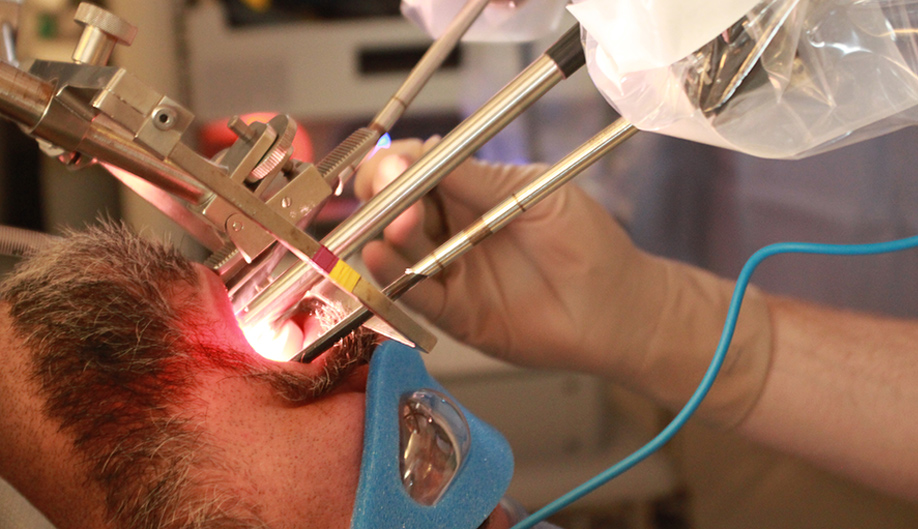Head and neck cancer Surgery
Head and neck cancer refers to a group of cancers that develop in the tissues of the head and neck region. This includes cancers arising in the oral cavity (mouth), throat (pharynx), voice box (larynx), salivary glands, nasal cavity and paranasal sinuses, thyroid gland, the ears, and the skin of the face, neck and scalp. These cancers can affect various structures and organs involved in the vital functions of breathing, speaking, swallowing, and other essential functions.

Types of Head and Neck Cancer
Here are some key points about head and neck cancers :
Types
Head and neck cancer encompasses a wide range of cancer types, including squamous cell carcinoma (the most common type), adenocarcinoma, adenoid cystic carcinoma, mucoepidermoid carcinoma, sarcoma, lymphoma, and melanoma, amongst others. The type of cancer depends on the specific tissues or organs affected.
Risk Factors
Several factors increase the risk of developing head and neck cancer, including tobacco use (smoking or chewing), heavy alcohol consumption, human papillomavirus (HPV) infection, chronic exposure to certain chemicals or toxins (such as those found in the workplace), poor orodental hygiene, chronic irritation or inflammation (such as from ill-fitting artificial dentures or sharp teeth and persistent throat infections), and a diet lacking in fruits and vegetables.
Symptoms
Symptoms of head and neck cancer can vary depending on the location and the stage of the cancer at presentation but, in general, may include a persistent sore throat, difficulty or pain in swallowing (dysphagia/odynophagia), a lump or mass in the neck, change in voice (hoarseness), persistent ear pain, unexplained weight loss, a sore or an ulcer in the mouth that doesn't heal on its own in 2 weeks of time, and swelling or pain in the face or neck.
Diagnosis
Diagnosis typically involves a combination of physical examination, imaging tests (such as CT scans, MRI scans, or PETCT scans), endoscopy (using a flexible or rigid scope to visualize the inside of the throat and airway), and biopsy to examine tissue samples under a microscope. Early detection is the key to successful treatment.
Treatment
Treatment for head and neck cancer depends on factors such as the type of cancer, the stage of the disease, and location of the cancer, as well as the patient's overall health and preferences. Treatment options may include surgery, radiation therapy, chemotherapy, targeted therapy, immunotherapy, or a combination of these approaches.
Rehabilitation and Support
Treatment for head and neck cancer can impact functions such as swallowing, speaking, breathing, and eating. Hence, rehabilitation and supportive care, including speech and swallowing therapy, nutritional support, psychological support, and assistance with coping strategies, are important aspects of a comprehensive care for patients with head and neck cancer.
